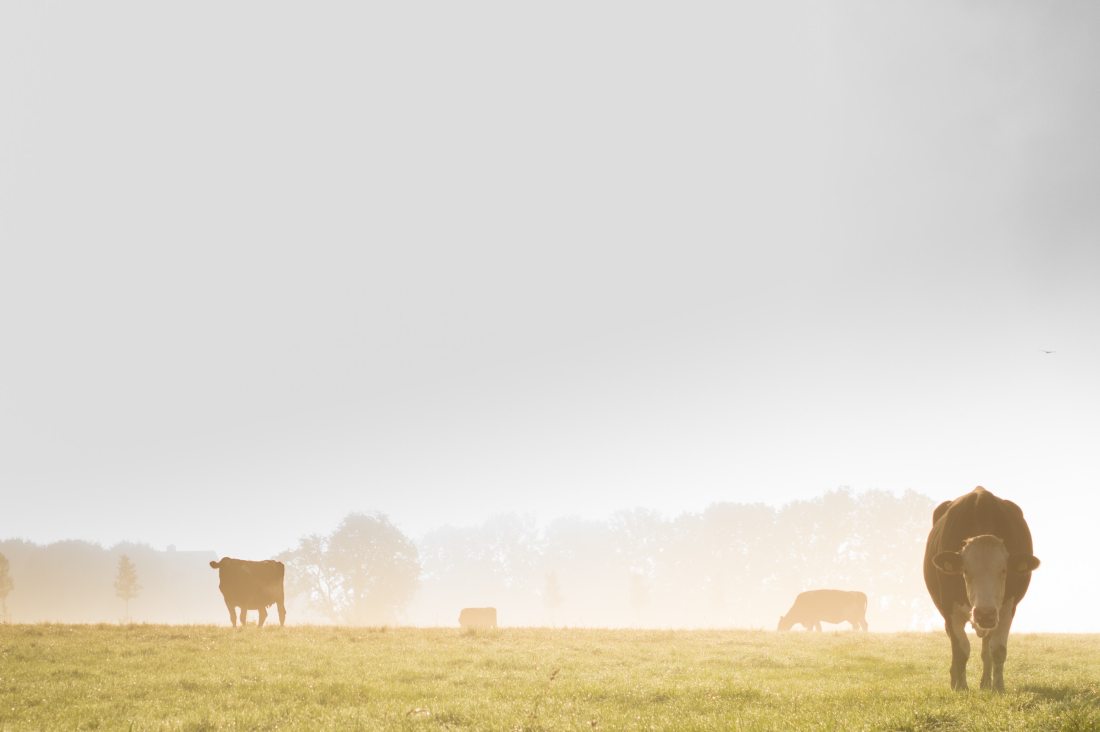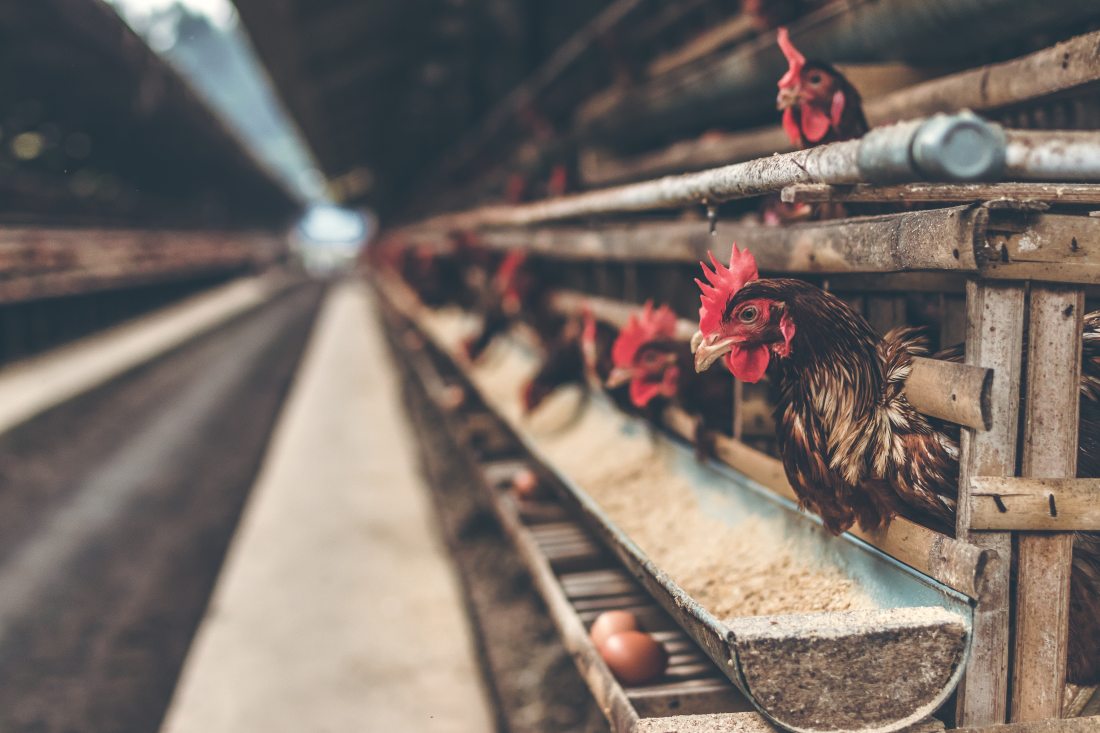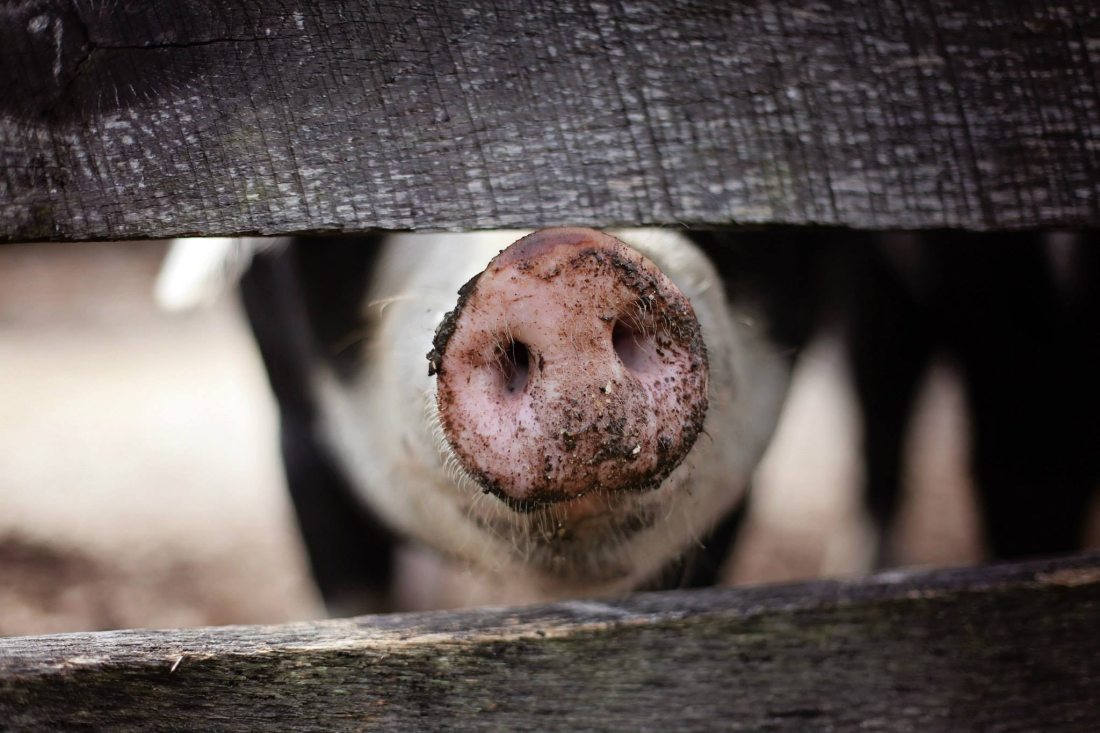Admittedly I’m no vegan. You couldn’t part me from a mouth-watering burger or steak if you had a can of WD-4O and a plucky attitude.
But it’s actually difficult to put forward a sensible argument condemning veganism at its core. The movement was founded on the concept that animals shouldn’t be exploited for food or any other purpose. Its agenda has since expanded to reducing the impact on the environment, and addressing growing health concerns in the UK surrounding the consumption of meat.
Do bear in mind, this post will focus mostly on meat-eating and veganism, as opposing ends of the spectrum.
So why does veganism get a bad rap, and why aren’t we all switching over?

What’s All the Fuss About?
An estimated 512,000 people in the UK are vegans. It’s the fastest growing lifestyle movement out there – nearly half of these were below the age of 34, and this doesn’t even count ages 15 and below. Statistically, veganism is only going up. And it’s easy to see why.
Top-line impacts of consuming meat today:
- Farmed livestock are responsible for 15% of man-made greenhouse gases
- Roughly 30% of all freshwater goes to livestock maintenance
- One third of the world’s grain is fed to animals
- Switching to a more plant-based diet could reduce world mortality rates by 6-10%
- Processed meat and red meat are carcinogenic (can cause cancer) – specifically affecting bowel cancer
- Over 1 billion farm animals, 4.5 billion fish and 2.6 billion shellfish are killed in the UK alone every year
- These animals typically die ‘painlessly’, but there are thousands of cases where many regain consciousness before being slaughtered and then suffer rather horrible deaths
I’m all for the consumption of meat, but the volume and manner in which it occurs is cruel. The impacts of meat consumption today are widespread and visible to anyone who knows where to look.
Surprisingly, we’re lucky in Europe (for now).
In 1998 the European commission passed a directive which stated that all animals kept for farming purposes must reflect the “five freedoms” – freedom from hunger and thirst; discomfort; pain; injury and disease; fear and distress, and freedom to express normal behaviour. But if we’re not buying from reputable sources that follow these guidelines, we’re essentially allowing the unnecessary mistreatment of animals to continue.
There are other supposed health risks to eating meat, such as heart disease. However, any research I found on this was either of questionable repute, or in fact research arguing that some meat consumption actually had heart health benefits.
With the massive impacts of meat-eating clear to see, why hasn’t everyone switched over already?

Vegans – Holier-Than-Thou, or Ordinary Folk?
Veganism often gets a bad rap due to the perception of its supporters. Like any movement of significance, it attracts a select few more interested in lording it over others than in educating them. These small groups can stand in the way of their own progress with an idle sense of ignorance. Some say that modern-day feminism has fallen foul of this issue – so much so that, to some, the term “feminist” is seen negatively, despite the fact any decent person should be a feminist by nature.
“I see no difference between eating animals and paedophilia” – British rock star Morrissey, 2014, doing his bit for the vegan image.
The vegans I know are in no way like this – it’s a false image born of negative portrayal in the media and some stupid individuals. In film, vegans tend to be the strange hippy providing irritation to our favourite protagonists. In real life, those who express the most extreme opinions are the ones who get the most exposure – because covering reasonable individuals never sold papers.
The Problems With a Vegan Diet
I already know the vegans in my life may dismiss this point, but there are undeniable challenges that prevent many people from switching over. The availability of meat alternatives has come on in leaps and bounds in recent years, much like gluten-free products. Yet there are still too few equally enjoyable vegan alternatives to the food that life-long meat-eaters so enjoy.
Granted, it’s a selfish reason. Comfort is the enemy of progress here, and as more alternatives have become available the number of vegans has increased exponentially. We’ll likely see vegan/vegetarian diets overtake meat-eating in our lifetime, with the number of vegans in the UK having increased almost fourfold in the last decade alone.
But as it currently stands, eating a vegan diet can cause:
- Deficiencies in vitamin D, which we get through meat, fish and dairy products. This has been linked with cancer and heart disease
- Deficiencies in vitamin B12, which can cause loss of function of blood and nerve cells
- Deficiencies in calcium. Many vegans don’t meet their calcium requirements through diet alone, leading to a 30% increase in fracture risk among vegans when compared to omnivores
You’ll either need to be getting plenty of sunlight (vitamin D, best of luck in the UK!) or be taking supplements in order to meet these requirements.
As a result, there is a significant food-management aspect of veganism. It is entirely possible to get all your necessary nutrients through veganism and supplementation. However, it’s currently not easily accessible enough to the ‘casual’ vegan of the future, uninterested in too much effort but aware of the impacts of eating meat.
If you’re looking to change over without too much sacrifice, you’re likely better off going vegetarian. There are over 3 million vegetarians in the UK, some 5.7% of the population. As a result, there are plenty more options available for vegetarians than for vegans, making it a more manageable lifestyle, without the same deficiencies as vegans.

Facing Facts
Veganism as a concept is in my opinion the way towards a more balanced compromise. Our current environment is in significant decline. The emergence of factory farms have created conditions akin to torture for billions of animals that are recognised as “sentient beings” by the EU. Veganism could massively reduce our impact on the environment and stop the existence of these farms altogether.
Surprisingly, this isn’t an advocation of going vegan. I support eating meat sourced from animals leading healthy lives and being killed in humane conditions. These animals wouldn’t exist without the meat/dairy industry – but I have doubts they’d choose to exist in the current factory farm climate.
Veganism is more of a response to a world too far gone in the other direction. Having done the research, I’ll be doing my best to ensure that the meat and dairy that I eat is responsibly sourced. The additional cost associated with free-range/organic products should simply lead to a reduction in the frequency with which you buy them.
It’s possible to still enjoy meat while also making a real impact on reducing the suffering of these animals, and reducing the meat industry’s effects on the environment. It doesn’t need to be one or the other.